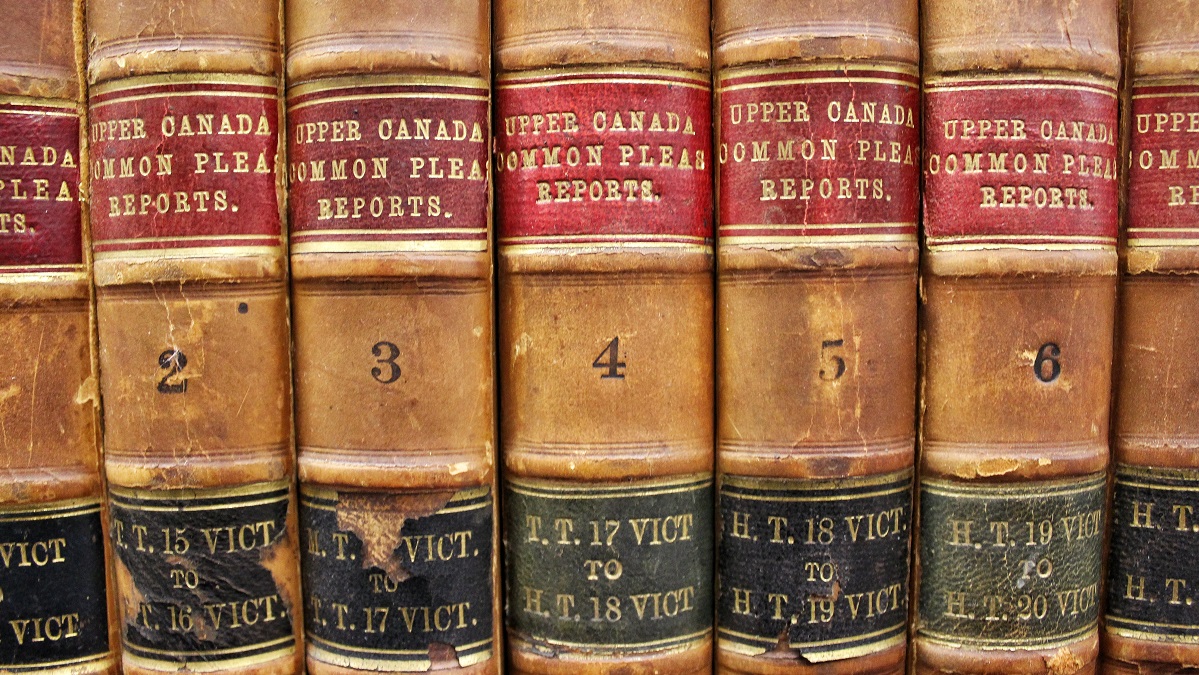If you’re working remotely, you may be missing some of your trusted legal research tools and sources. We understand! Without access to the Great Library’s formidable print collection and a full slate of electronic resources, we law librarians are making do – being creative, resourceful and fully exploiting the best free legal information sources to provide research assistance.
Last week we covered free sources for finding free CPD (continuing professional development) articles. This week we’re sharing some tips on finding free legal citation resources.
If you don’t have a copy of the current edition of the McGill Guide (Canadian Guide to Legal Citation, 9th ed., Thomson Reuters, 2018) at hand or a subscription to the online version on Westlaw Next Canada, don’t despair. You can still find guidance on how to properly cite that case, statute or text section you’re relying on.
Many Canadian university and law school libraries have created quick reference citation guides based on the current McGill Guide. These guides typically distill the rules in McGill to provide a clear explanation and plenty of examples to show you how to cite legal materials from cases to blogs.
Here’s a selection:
- Queen’s University Library – Legal Citation with the 9th edition of the McGill Guide
- Bora Laskin Law Library, University of Toronto – Legal Citation
- University of Alberta – Legal Style Guides – select McGill Citation Style QuickGuide (9th edition)
- University of British Columbia – Legal Citation Guide
- University of Calgary – LAW Legal Citation (McGill Guide) Quick Reference
Like the McGill Guide itself, these online citation guides won’t cover everything. There will always be times when you’ll need to improvise.
When doing so, remember the two cardinal rules of legal citation: be kind to your reader (provide clear, complete and accurate information so they can find what you’re citing) and be consistent in your style and formatting.




